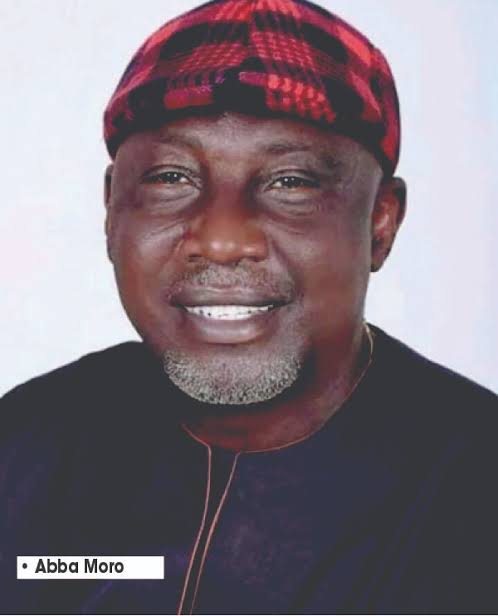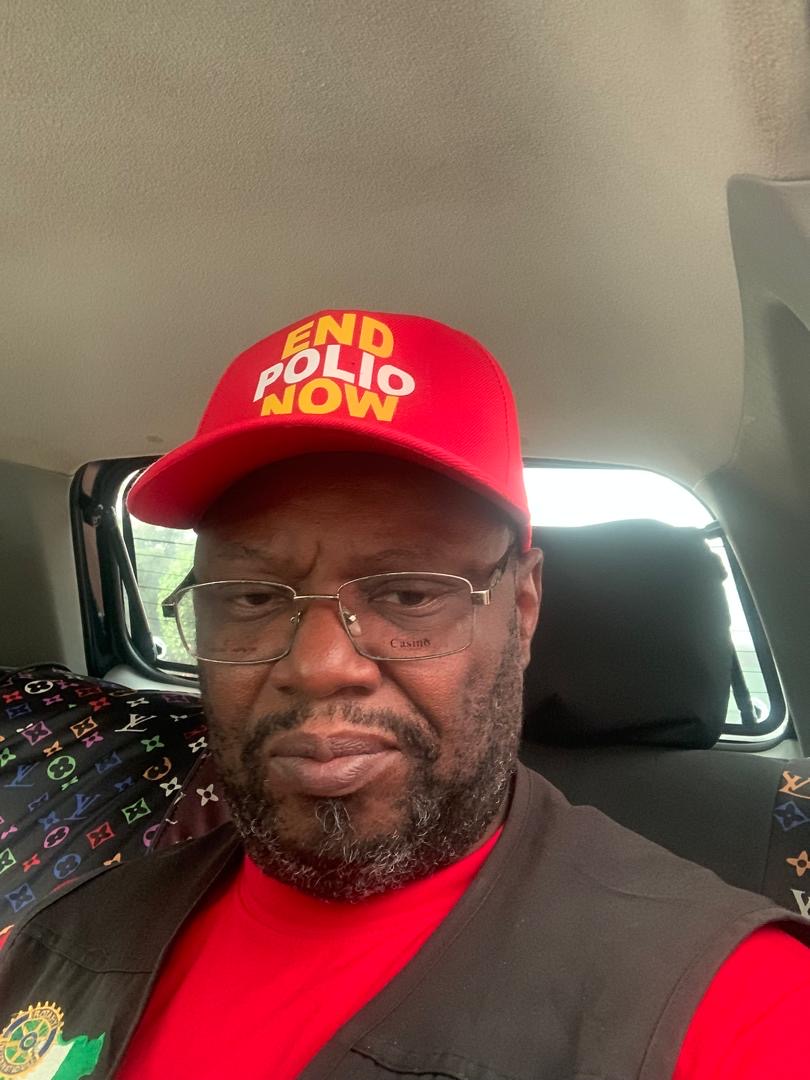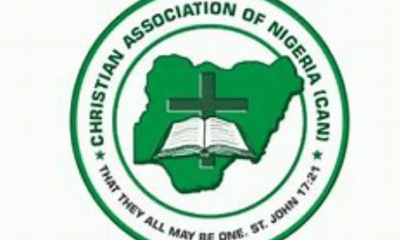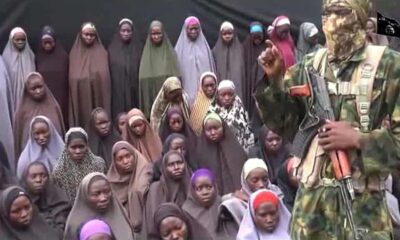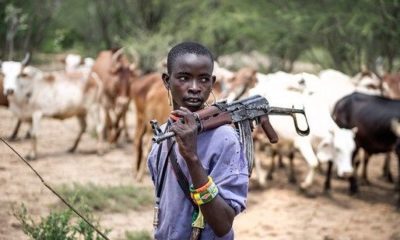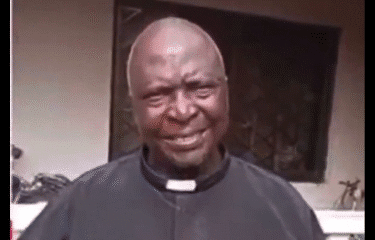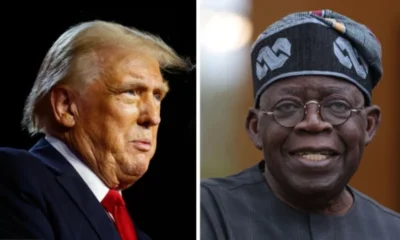Senator Abba Patrick Moro, the Senate Minority Leader, is no stranger to political struggles. In fact, his political journey began during his days as a student union activist at the University of Lagos (UNILAG). He continued his activism as a lecturer at the Benue State Polytechnic, where he led the Academic Staff Union of Polytechnics (ASUP) and served as a national officer. A comrade in every sense, Moro has long been immersed in advocacy and struggle.
He eventually left academia to pursue a political career. Though he initially faced setbacks, Moro persevered. His breakthrough came when he was elected Chairman of Okpokwu Local Government Area in Benue State. In that role, he demonstrated notable administrative and leadership acumen. His colleagues recognized his capabilities, electing him Chairman of the Association of Local Government Chairmen of Nigeria (ALGON), where he also served on the national executive.
By a stroke of fate, Moro was appointed Minister of Interior under the Goodluck Jonathan administration—this, after successfully leading the campaign team of former Senate President David Mark as Director General for two consecutive terms in Benue South Senatorial District.
When his mentor and political leader David Mark exited the Senate in 2019 after a 20-year tenure, Abba Moro was the natural choice to succeed him. His emergence, despite the presence of political heavyweights such as former Deputy Governor Steve Lawani, retired Defence Permanent Secretary High Chief Mike Onoja, and former Minister of Education Prof. Jerry Agada, spoke volumes. Many of these contenders had left the political family of Mark after his senatorial election was annulled by the Court of Appeal. During the rerun, Moro led the campaign and delivered victory.
Currently serving his second term in the Senate, Moro chaired the Committee on Federal Character in the 9th Senate and now leads the minority caucus in the 10th Senate—representing all minority political parties.
Observers had expected that, as Minority Leader, Moro would be combative toward the ruling All Progressives Congress (APC). While he does challenge the ruling party—especially when policies threaten citizens’ welfare—his style is more collaborative than confrontational. His focus remains attracting democratic dividends to his constituents. So far, he has facilitated social infrastructure projects, employment, and appointments for his people.

Still, Moro faces an unexpected and daunting challenge: the steady defection of opposition lawmakers—senators, representatives, and even governors—to the APC. If the trend continues, he may soon have no caucus to lead. Undeterred, he continues to rally the remaining opposition members, urging them to stay firm in the belief that “the dry bones shall rise again.”
He has been critical of defectors, describing them as “sinners” seeking political absolution in the APC.
According to Moro:
“When history unfolds, we will understand the true reasons behind these defections from the PDP to the ruling party.
It has always been the case—people do not want to remain outside the corridors of power. Once in opposition, they realize they won’t enjoy the same benefits.
Some of them, who have held top positions at the state and national levels, may have more personal motivations for joining the APC.
Let’s not forget that a chieftain of the APC once said, ‘If you defect to APC, your sins are forgiven.’ With that background, it’s easy to see why some people are moving.”
He questioned the erosion of political values:
“Where have principles gone? Where are our values?
You were elected on a party’s platform, and the Supreme Court has ruled that people vote for parties, not individuals. So, how can one justify switching allegiance on the vague claim of acting in their constituents’ interest?”
Moro also dismissed any notion of a merger ahead of the 2027 general elections.
“The PDP is a household name in Nigeria. From rural villages to major cities, we have loyal structures and active members. That brand cannot be discarded,” he said.
“Coalitions are acceptable if they enhance our democratic objectives.
But a merger that entails abandoning the PDP name is a non-starter. The PDP name is an asset—it’s our identity and strength.”
He emphasized that despite recent defections and internal challenges, the PDP remains a formidable force that must stay rooted in its core identity.
On the outcome of the 2023 general elections, Moro pointed to the party’s decision to field a northern candidate as a major factor in its defeat.
“In 2022, heading into 2023, the PDP was in opposition and had to strategize on returning to power,” he said.
“While the PDP constitution provides for zoning, the Nigerian Constitution allows everyone a fair shot at any position.
In our attempt to field the best candidate to challenge the ruling party, we left the choice open. Unfortunately, that backfired.”
Reflecting further, he added:
“Looking back, one of our biggest missteps was fielding a northern candidate. Morally, many Nigerians felt that after eight years of northern leadership, it was only fair to support a southern candidate.
We failed to recognize that sentiment, and we’re now dealing with the consequences. Damage can be done in minutes, but rebuilding takes time.
The PDP is coming to terms with these mistakes. If we keep repeating them, we should expect the same results.”
Moro also responded to recent comments by FCT Minister Nyesom Wike, who warned that PDP could face worse defeat in 2027 if it fails to zone its presidential ticket to the South.
“Those are assumptions—but valid ones,” he said.
“Coming from someone like Wike, who played a key role in the G5, the party must take note. If we keep making the same mistakes, the outcome will be predictable.
As the saying goes, ‘Those who don’t learn from history are doomed to repeat it.’”
In the same token , his colleague and former governor of Bayelsa state Senator Seriake Dickson also warned that the PDP must reorganize or risk collapse. The former governor urged PDP governors to take responsibility and lead the party’s revival with sincerity and commitment.
In the days and months ahead , Moro would have to redouble his efforts to ensure that his team is no longer depleted. He will have to prove his capacity more as a good manager of men.
Moro will need all the wisdom first to put his Benue South family together to work as a team . He will need to mend fences and heal the wounds of the aggrieved. This will ensure that the forthcoming national convention of the PDP produces a leadership that inspires and can be trusted.
He will need a united house to make the difference in 2027.


